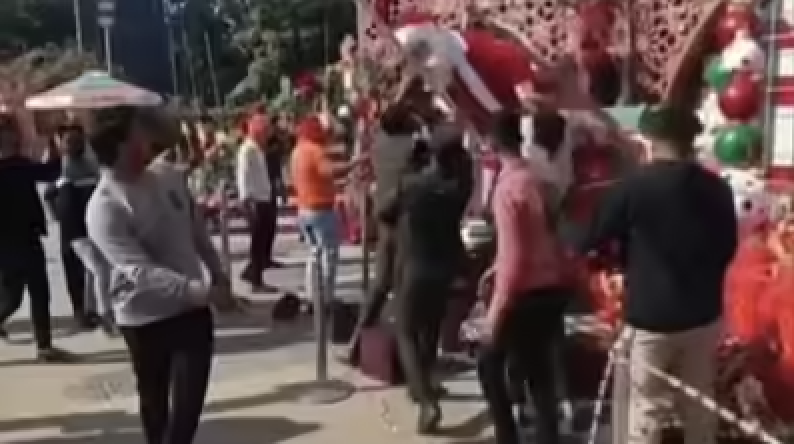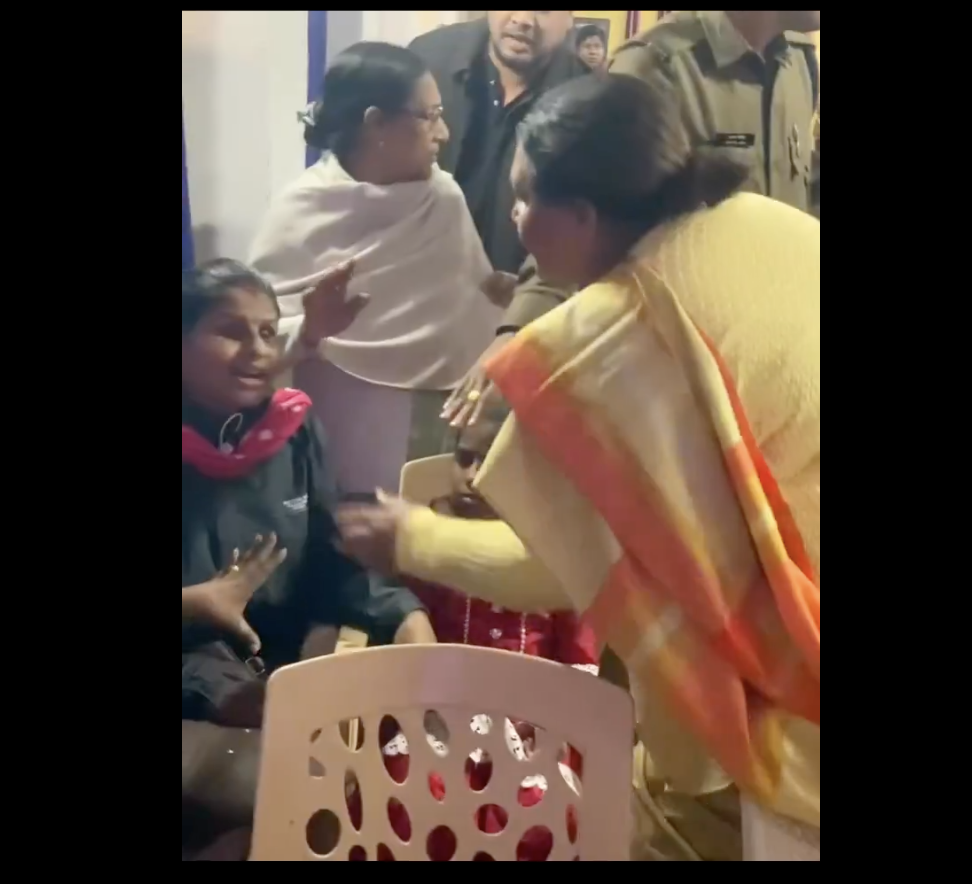Majoritarian nationalism is reshaping Indian politics. Declining minority participation, particularly Muslim representation, in the corridors of power is an inevitable consequence. The general election, that has just concluded, is a veritable testimony to India’s, at times enthusiastic, at others grudging, acceptance of hues of Hindu nationalism. Even as the wounds of a complete abnegation of Muslim representation in the outgoing government had not healed, a fresh stab was made at the idea of India. Muslim exclusion from electoral politics is beginning to sound real, central, and almost all pervasive. As we await the results to the 18th Lok Sabha, there is a cause for concern over the diminishing space for a section of society in the electoral fray. In the 2019 election, 115 Muslims had contested as the representatives of various political parties. This time, the number was 78, with many parties too timid to give a ticket to a Muslim candidate from anywhere except in the so-called Muslim dominated seats. It could be a reflection of our politics where a Muslim candidate is not preferred by some merely because of his or her faith.
Ground reality
The ruling Bharatiya Janata Party, despite the noises made last year by Prime Minister Narendra Modi about Pasmanda Muslims, entered a sole Muslim, Abdul Salam, from Malappuram in Kerala. Otherwise, from Punjab to Tamil Nadu, Gujarat to Nagaland, the party deemed Muslims surplus to its electoral arithmetic. The Indian National Congress did not cover itself with glory either — the number of Muslim candidates fighting on the party symbol came down from 34 in 2019 to 19 this time. What was disconcerting was the party’s reluctance to put up even a single Muslim candidate from either Delhi or Mumbai, leading to noises of protest from the party leader Muhammad Arif Naseem Khan who said, “The party wants Muslim votes, not Muslim candidates.” Mr. Khan could as well have been speaking for most non-Bharatiya Janata Party parties. The Samajwadi Party, often criticised for being MY (Muslims and Yadavs) representative, fought on 62 seats in Uttar Pradesh but put up only four Muslims in the State where Muslims comprise 19% of population. Likewise, the Rashtriya Janata Dal in Bihar fielded only two Muslim candidates; however, its ally, the Congress, did give tickets to Muslim candidates from Katihar and Kishanganj.
In Gujarat, neither the Congress nor the BJP put up a Muslim candidate. The story of Muslim denial was repeated by both parties in Rajasthan. In Bengal, the Trinamool Congress, despite Mamata Banerjee’s robust defence of minority rights, gave tickets to only six Muslim candidates out of the 42 seats it contested in the State. Significantly, Muslims account for a little over 27% of the State’s population. Bengal presents a microcosm of the country. This under-nomination is bound to result in under-representation in Parliament. The community looks at the bleak prospect of sending possibly its lowest number of Members of Parliament to the Lok Sabha when the results are announced on June 4. Forsaken, marginalised, and, probably forgotten.
This story was originally published in thehindu.com. Read the full story here.






